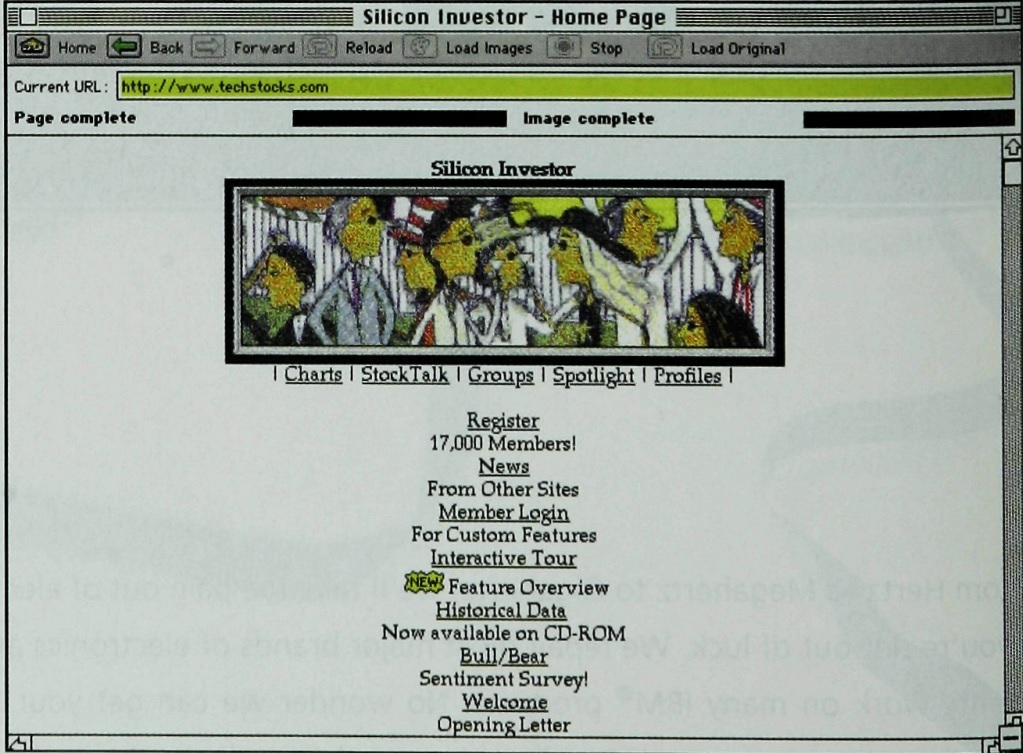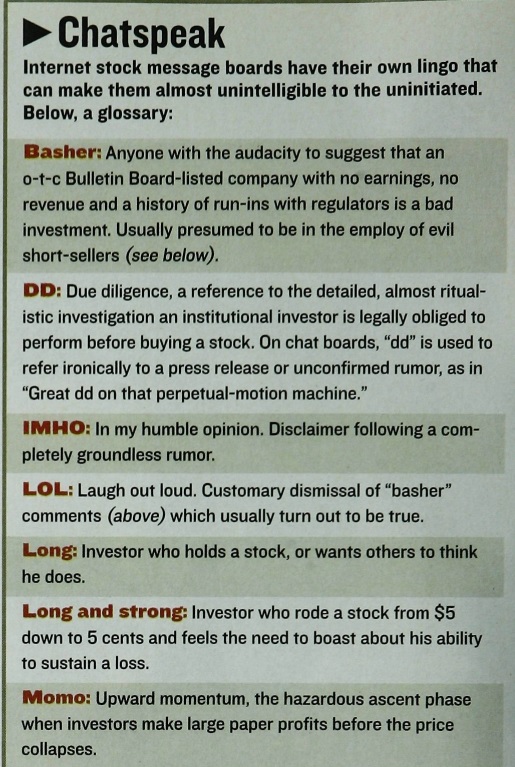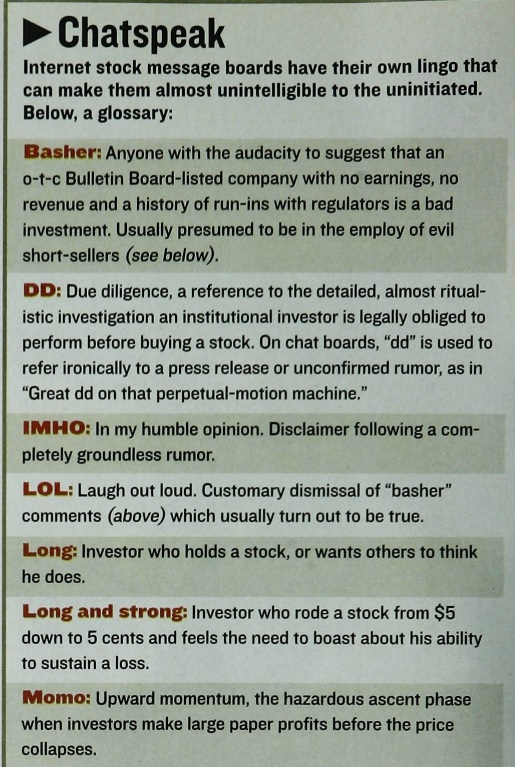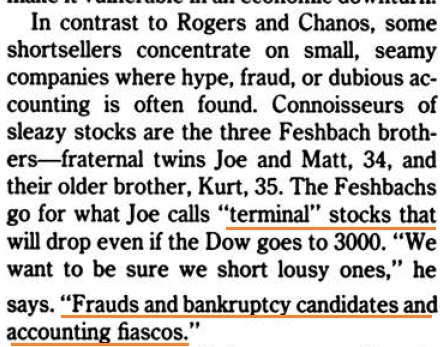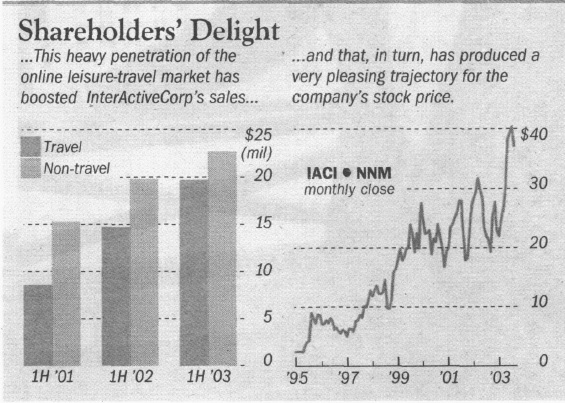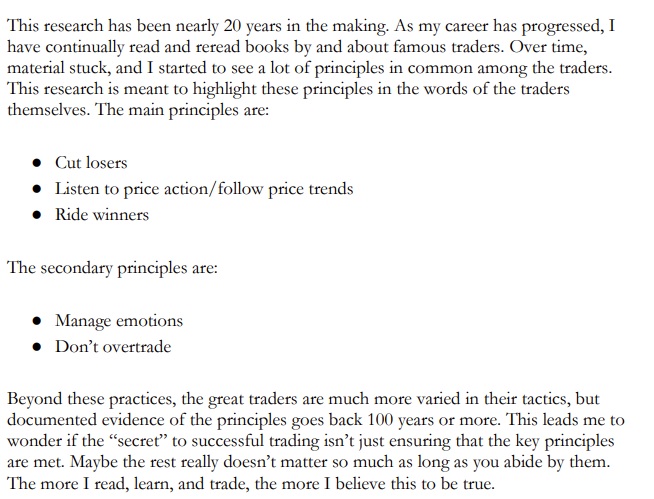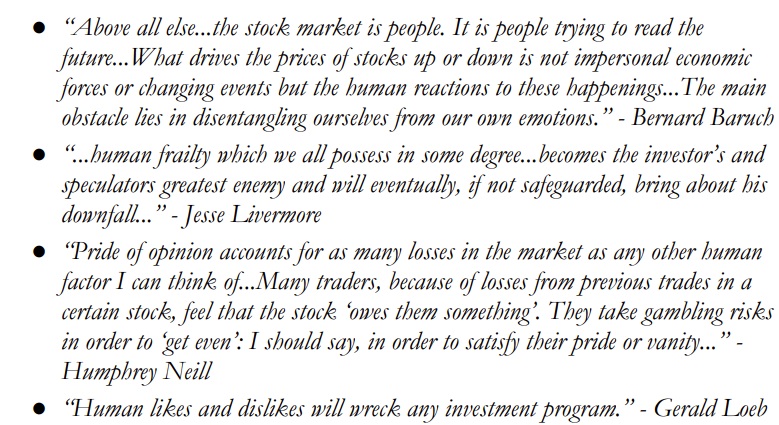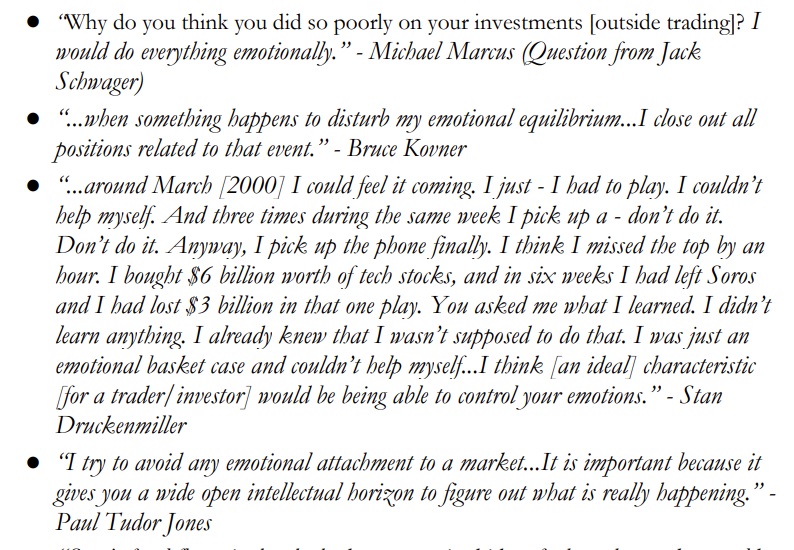
[24] Growth vs value
"If you’ve ever watched one of those bank heist movies where they’re trying to get into the vault. They have two sets of keys, and two different bank tellers, and they twist together. Unless you have both of them, you’re not going to get into the vault."
"If you’ve ever watched one of those bank heist movies where they’re trying to get into the vault. They have two sets of keys, and two different bank tellers, and they twist together. Unless you have both of them, you’re not going to get into the vault."

"I’m looking for stocks with high barriers to investment. I need things that keep out my competition. They can be either physical barriers, like a geography with less competition, or they can be intellectual barriers." 

"The most interesting ones are the intellectual barriers. It’ll be mispriced because there’s a mystery you need figure out, or onerous uncertainty, new competition. A lot of times, you’ll find great businesses that don’t want to explain why they earn supernatural returns."
[44] Investing as art
"Which musician you think will come up with a better album? The artist who says ‘The album will be a reflection of my inspiration’ or ‘I’m going to have a 12-track album, and each of them are three minutes long.’"
"Which musician you think will come up with a better album? The artist who says ‘The album will be a reflection of my inspiration’ or ‘I’m going to have a 12-track album, and each of them are three minutes long.’"

"It’s all based on this sense of inspiration and these epiphany moments, which I think that’s how invest great investing is done. You get these aha moments."
[49]"It’s much more important to have intellectual honesty over intellect. I might be wrong but I’m giving myself the best chance to not fool myself by using a really rigorous approach. When you have a short seller’s mindset you’re skeptical and you’re trying to kill your ideas."
[78] Evaluating management is hard
"I walked out of that meeting and said to the person I was working with, “That was the best in management meeting I ever had.” He looked at me and was like, “aren’t they incredible?”
"I walked out of that meeting and said to the person I was working with, “That was the best in management meeting I ever had.” He looked at me and was like, “aren’t they incredible?”

"Lo and behold, that company was Valeant. And the people that we were talking to were lying to us.
I just got that so wrong that it really made me question, “Can I do that in any effective way?”
I just got that so wrong that it really made me question, “Can I do that in any effective way?”
• • •
Missing some Tweet in this thread? You can try to
force a refresh


